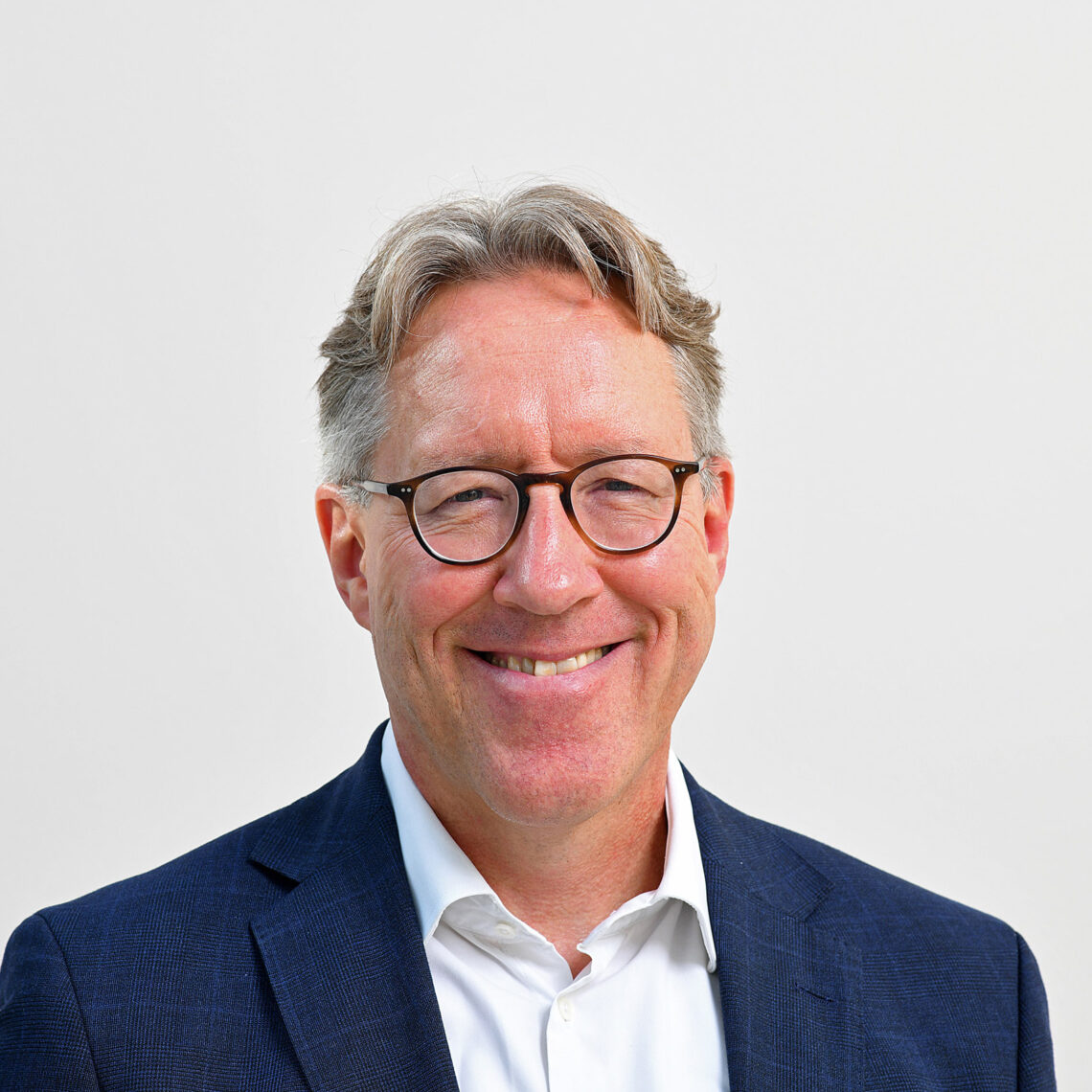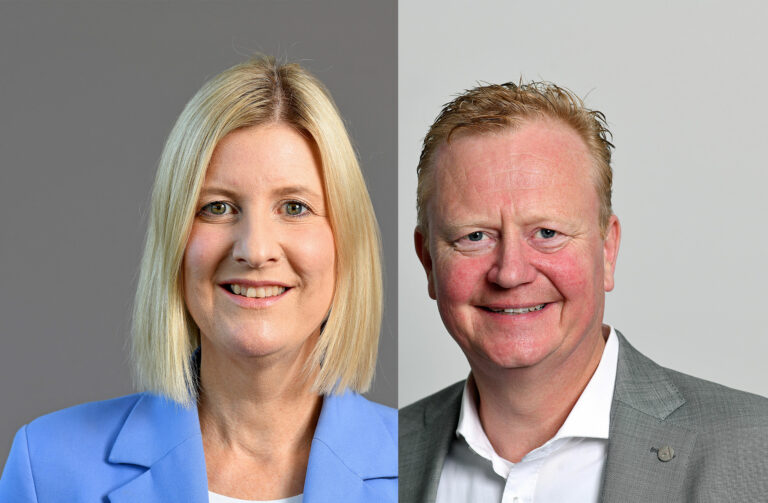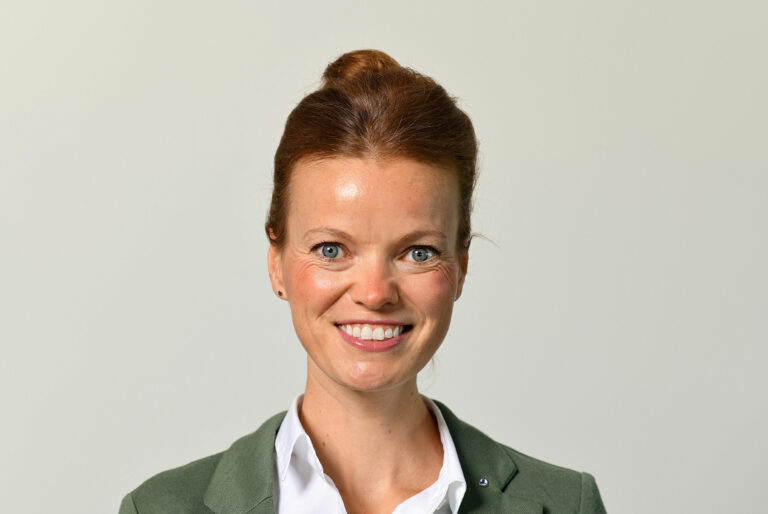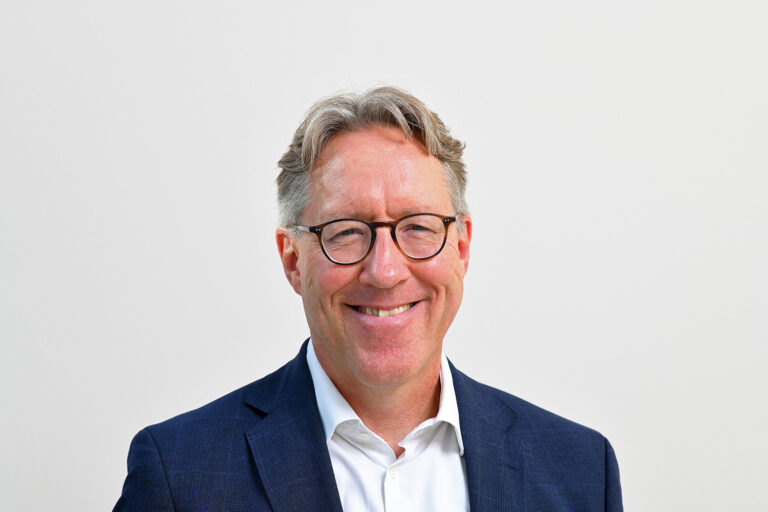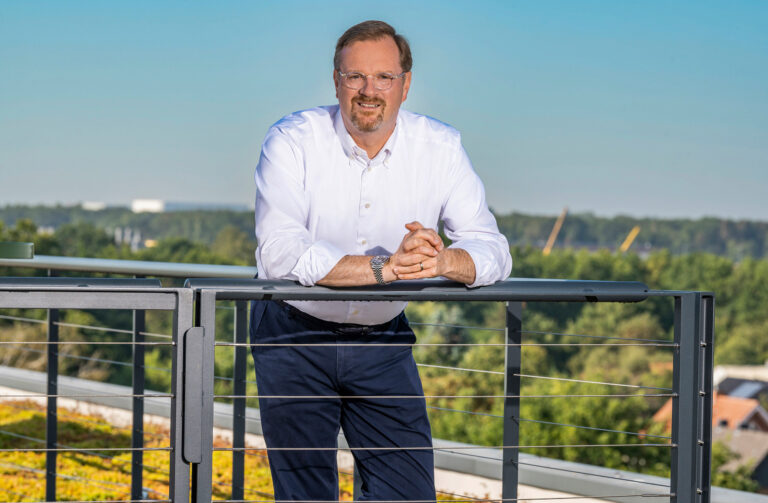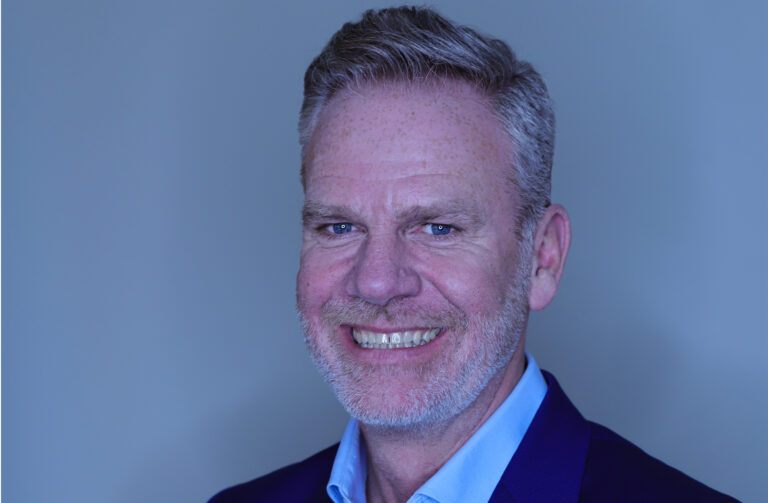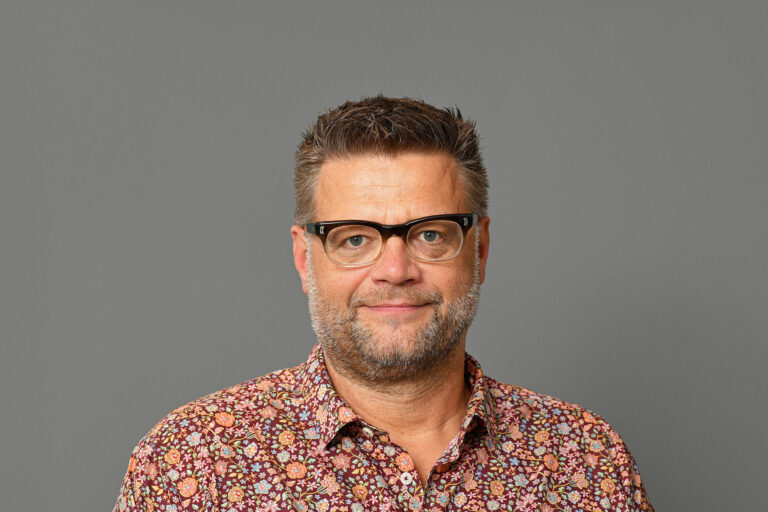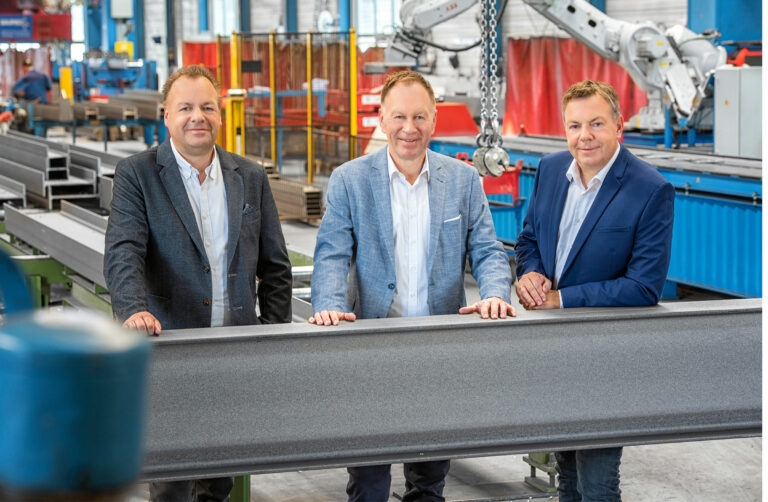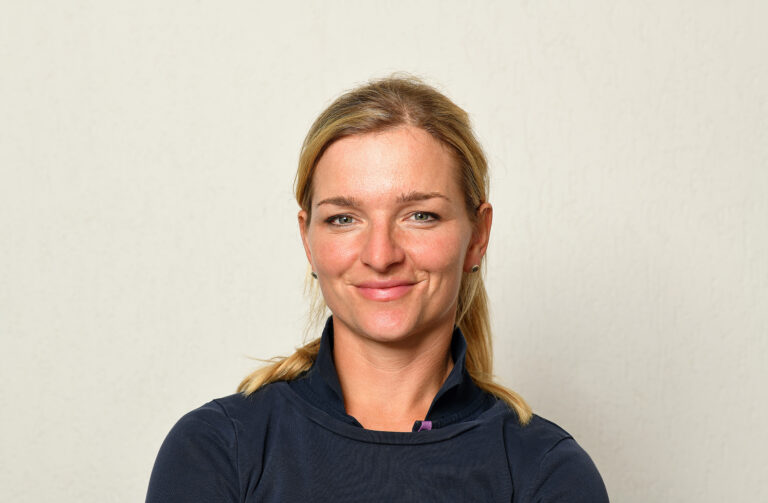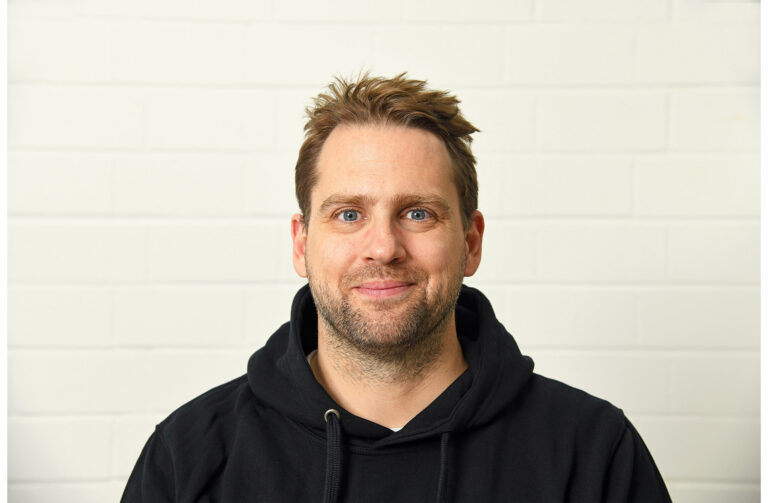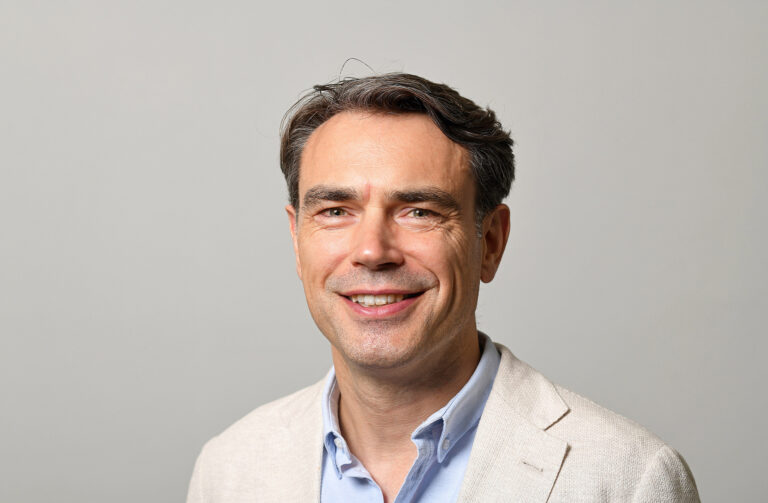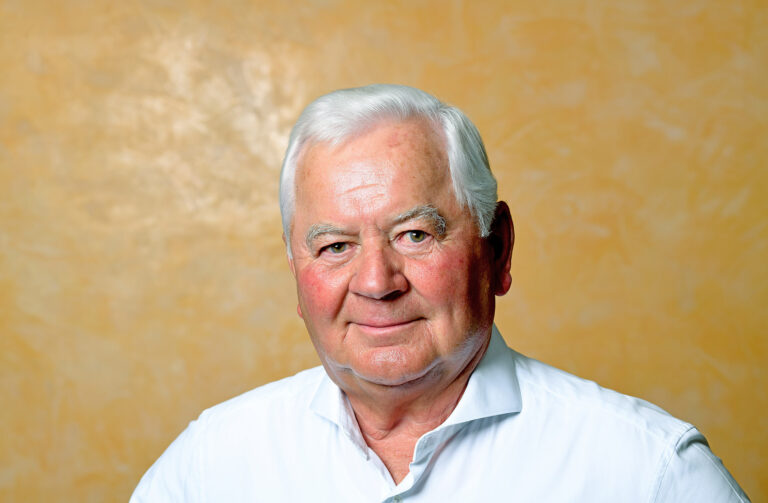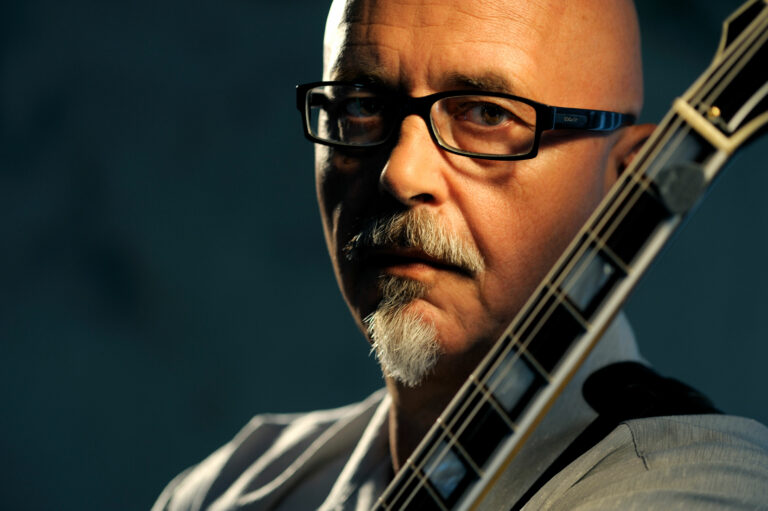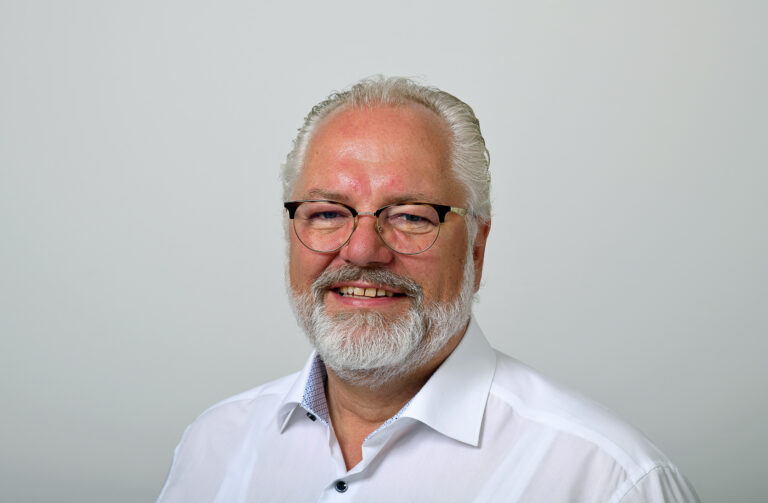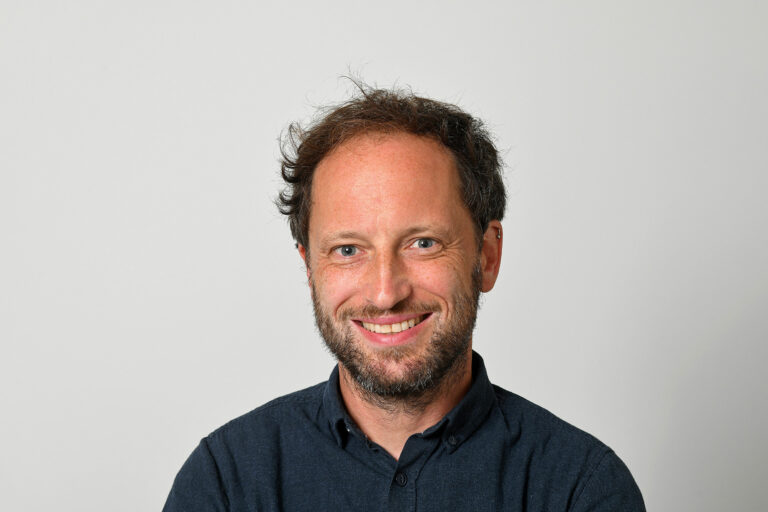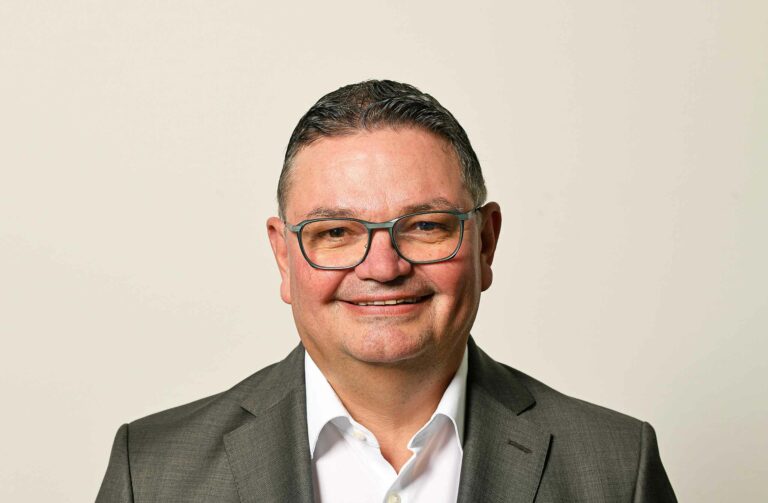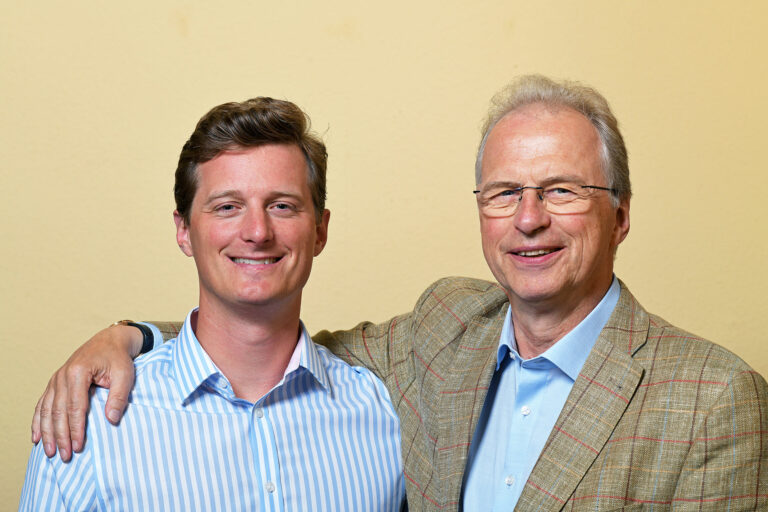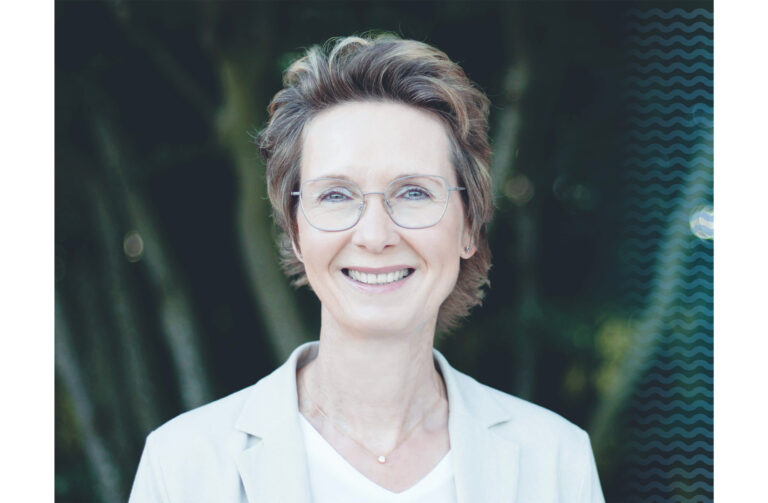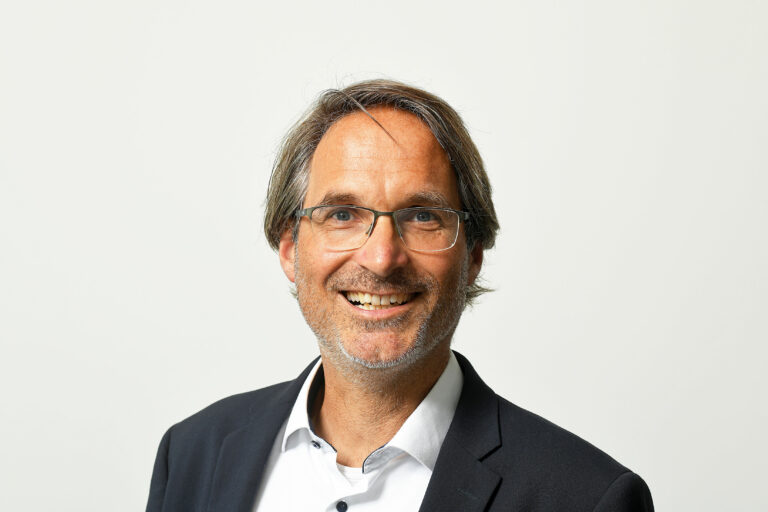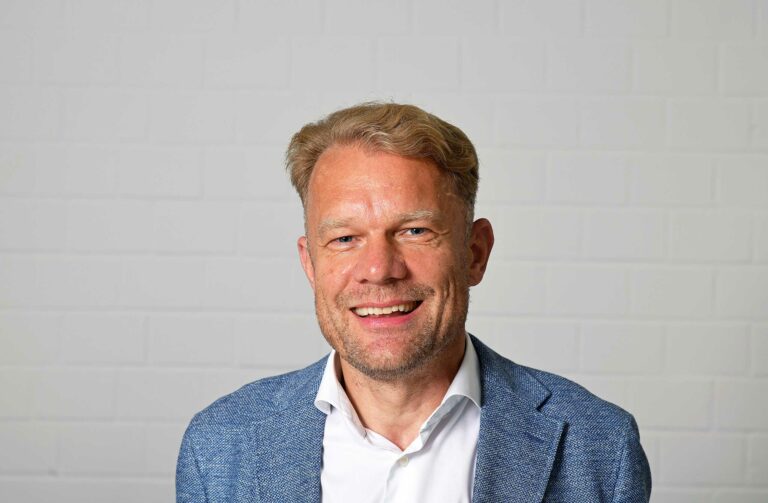Prof. Dr med. Michael Böckelmann
When is it the right time to ask someone about their lifetime achievements without putting your foot in it? Not an easy thing. After all, you never know what life might still have in store. Michael Böckelmann grins and thinks about it for a minute, then lets the question stand: “The Schüchtermann-Klinik is not my personal lifework, it’s more like a joint achievement. Mind you, I have been involved to a certain extent.”
Schüchtermann, that’s the name of one of Germany’s leading cardiology clinics and a top address for the medical sector in the Osnabrücker Land: Schüchtermann-Klinik in Bad Rothenfelde. And for a good twenty years, Michael Böckelmann, the current CEO, has been the prime mover behind the scenes and the public face of the Schüchtermann-Klinik.
Michael Böckelmann’s working life began like every successful career on a very broad basis while he tried to decide what he really wanted to do. “After doing my civilian service in a hospital, I was totally fascinated by the job that the doctors were doing, but on the other hand I’d always been interested in languages and journalism as well.” So during the 1980s and 1990s, he studied not just medicine but also history, literature and communication science at the Free University and Technical University in Berlin. He also studied life itself to the full, with all the exciting possibilities available in West Berlin at that time: “I just happened to be around when the Love Parade first started, with just five trucks and about 300 people.” He wrote articles for newspapers such as the Berliner Ärzteblatt. Later on he was even invited to take charge of public relations for Hamburg Medical Council. By now he was already a fully qualified doctor, but things were different in those days: “It might seem highly improbable today, but there was a real glut of doctors back then and simply not enough jobs to go round.”
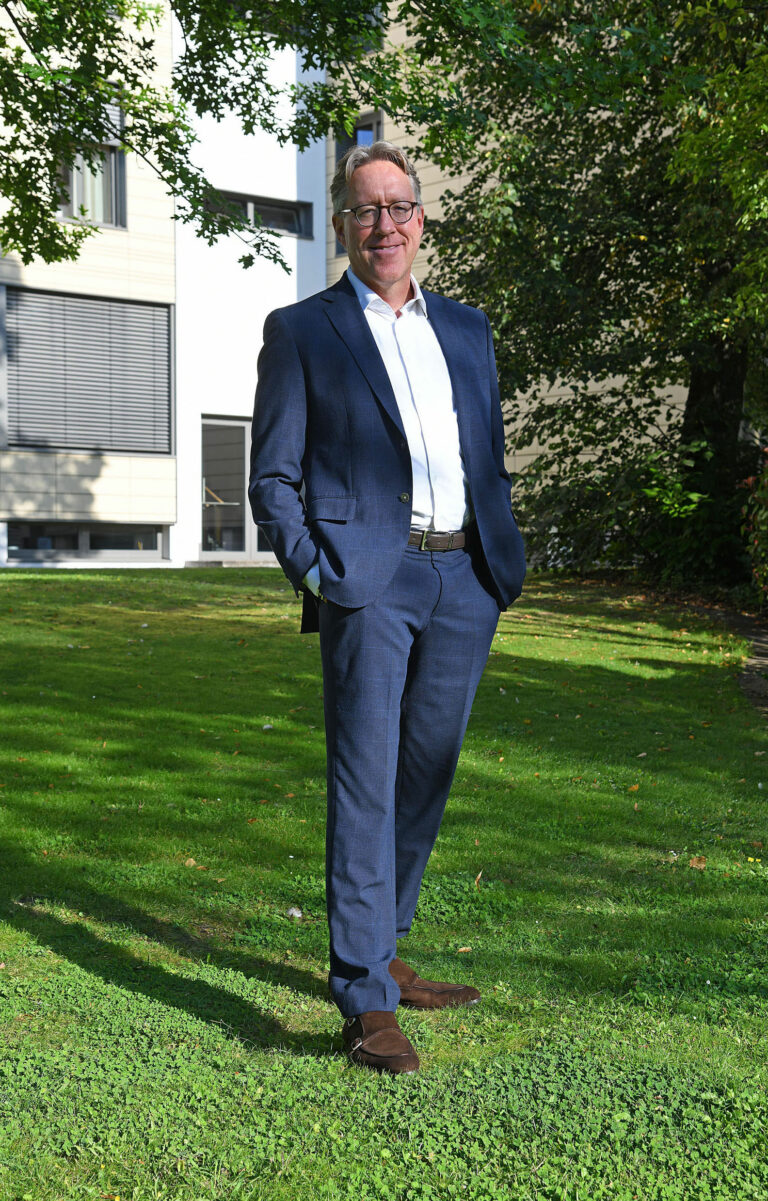
In the end, Michael Böckelmann opted for medicine and star-ted to work as an assistant doctor in the Anaesthetic Depart-ment of St. Franziskus Hospital in Münster and the Schüch-termann-Klinik in Bad Rothenfelde, where he became the senior physician, showing an interest in more than just the medical aspects of his job. “I’ve always been very keen on quality management and this gradually took me more and more away from the operating theatre.” In the early 2000s, he became the Commercial Director of the Schüchtermann-Klinik, something that still amazes him: “The title of Commer-cial Director felt a bit strange to start with.” To deal with his new tasks, Böckelmann took an additional degree in business management, topping it with a Masters in Health Manage-ment. He joined the Board of Management at Schüchtermann and eventually became CEO. In this role, he is responsible not just for the Schüchtermann-Klinik but also for the Community Health Centre in Bad Rothenfelde as well as the Dörenberg-Klinik and medicos in Osnabrück, both rehabilitation facilities. He also shares his expertise by teaching as an honorary professor at the Faculty of Business Management and Social Sciences at Osnabrück University of Applied Sciences.
Böckelmann sees his sphere of responsibility at Schüchter-mann expanding year-by-year and step-by-step. In his view, the fairly rural location of the highly specialised cardiology clinic is an advantage rather than a drawback: “If you look at Germany’s key heart centres, they’re nearly all located in smaller places often with the predicate “Bad” (“Spa” in English) in their names, such as Bad Bevensen or Bad Nauheim, or also the major Rhön Heart Centre in Bad Neustadt.“ The clinic boss sees great advantages in the friendly, family-like structures you find in these smaller cities or towns. “These places offer ideal living and working conditions, which we also see in the high quality of life in Bad Rothenfelde.“
Staff find affordable accommodation with the chance of buying their own home, as well as an infrastructure clearly geared to the needs of families. “And we even provide our own kindergarten if needs be.” For the Schüchtermann-Klinik, this has the very satisfactory result in both human and commercial terms with very close ties between employees and their employer: “This means it’s possible for the whole family to belong to Schüchtermann, so to speak, with children following their parents in working here. In some cases, their loyalty goes back over several generations.
For Böckelmann, the special legal structure of the hospital group is just one reason for this loyalty that people have to “their” Schüchtermann-Klinik as an employer. “We are organised as a family foundation that was founded back in 1894 by Heinrich Schüchtermann and his wife Antoinette Schiller in Dortmund. As a foundation, we naturally come across quite differently from a plc.” A foundation naturally also has to earn money, explains the CEO: “Sure, we’re not a non-profit organisation. But we whatever we do is done with a sense of proportion, taking a cautious approach and not rushing headlong into things. You could say we are conservative in the best meaning of the word”. Taking this kind of long-term approach to corporate decisions, focusing on steady, reliable development rather than the impact on share prices makes all the difference, something that both staff and patients notice in the everyday life of the clinic: “The Schüchtermann-Klinik somehow fits in well with the region where we are based. We’re level headed and down to earth, and proud of it.”
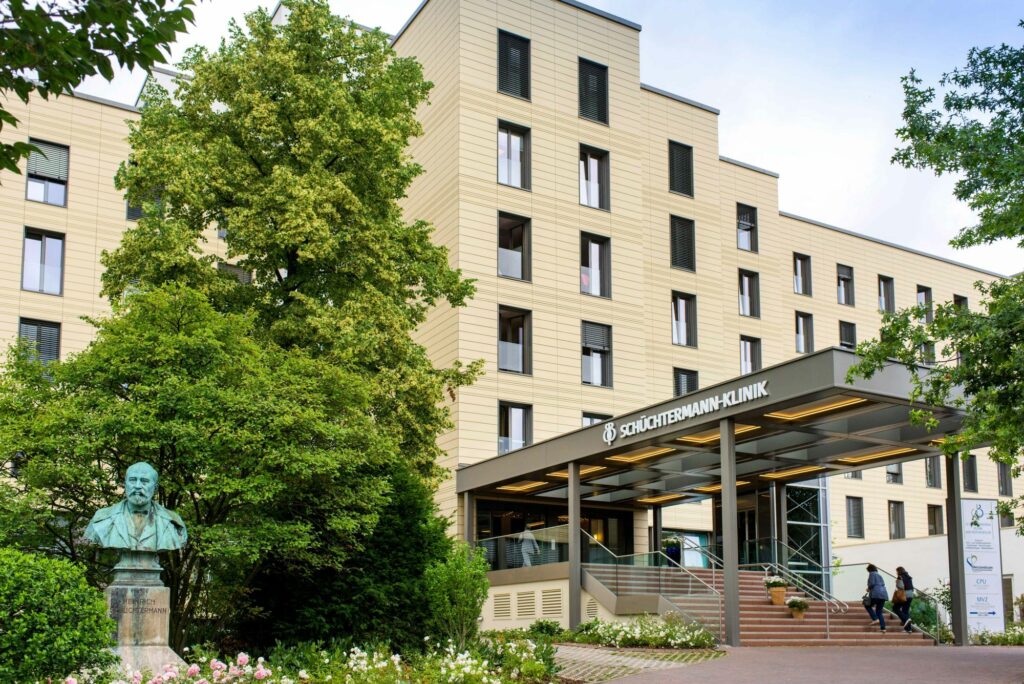
Michael Böckelmann understands his role as CEO as a logical conclusion to being a fully qualified doctor who chose this career because of the way he sees people. “I am now in a position to create the best possible organisational conditions for our doctors and nursing staff, which means giving them all the help they need so that they in turn can help the patients.” Schüchtermann offers an important advantage in this respect as well: “We always put medical decisions first, and I really mean always. In other words, whatever the doctors think is best for our patients. This medical decision is always more important than the bottom line on the balance sheet.” In other words, the clinic’s approach to all things medical is based on the same sound foundation of being level headed and down to earth that has already been mentioned. “It goes without saying that medicine also has its fads and trends, such as laser surgery for example, but we’re conservative in this respect too: we only do what we are convinced is really the right thing to do in the long term.” But they also give due credit to modern procedures when their benefit is clearly recognised. For example, the clinic runs one of Europe’s largest pro-grammes of minimally invasive catheter-assisted heart valve procedures.
Michael Böckelmann is also convinced of the other location factors offered by the Osnabrücker Land: “There is an excellent network in the economy in general and in the health sector in particular, thanks also to the good work put in by the CCI as well as our health sector centre of excellence, known as GewiNet.“ GewiNet is organised as an association that gives company players, clinics, doctors, universities, local authorities and related organisations regular opportunities for sharing. Besides its networking activities in all areas, the GewiNet agenda also includes devising and implementing new project ideas and regular events, with Böckelmann as chairperson. “This is a task that I really enjoy doing.” The same also goes for his other commitments, inclu-ding being on the supervisory board of Osnabrück hospice, the executive committee of Osnabrück and Emsland industrial employers’ association or the health committee of the German Chamber of Commerce and Industry in Berlin.
So he’s a very busy man. Is there any time left for hobbies, Michael Böckelmann? A question almost as dicey as the earlier one about his lifetime achieve-ment: “Actually I do really have very little time for the usual kind of hobbies, but I do a lot of sport, run long distances and meanwhile really like playing tennis.“ Böckelmann finishes with a laugh: “Mind you, there’s one dream I had as a youngster that hasn’t come true. After graduating, I very nearly signed on to be the ship’s doctor on the three-masted topsail schooner ″Thor Heyerdahl″ on a voyage from Kiel to the Amazon. That might have been a very different kind of life.”
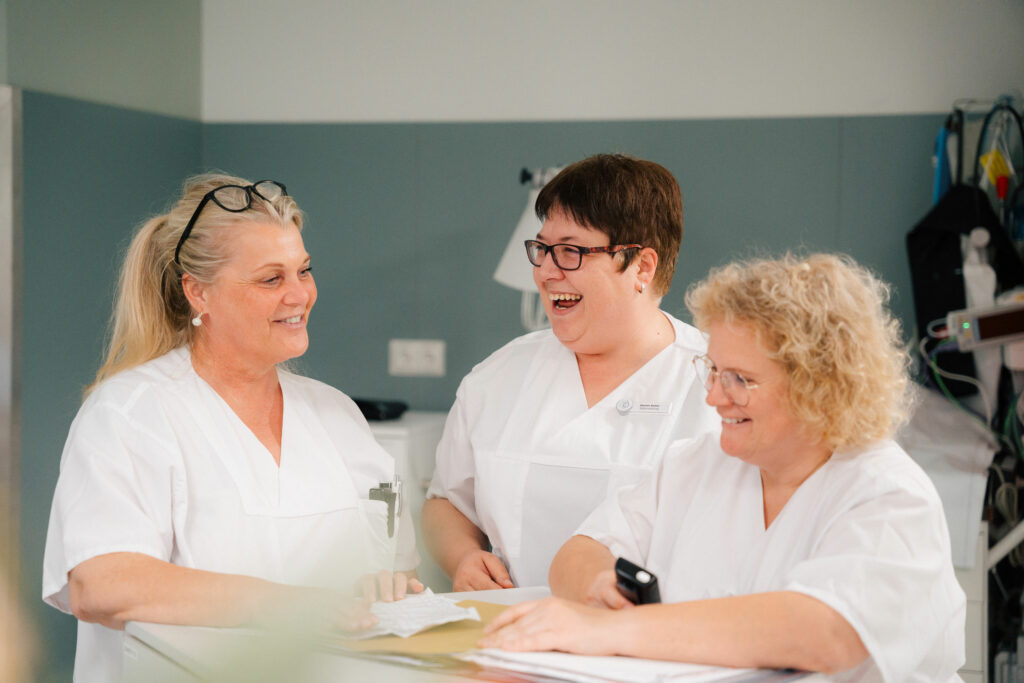
Schüchtermann-Klinik
Sie sehen gerade einen Platzhalterinhalt von Standard. Um auf den eigentlichen Inhalt zuzugreifen, klicken Sie auf den Button unten. Bitte beachten Sie, dass dabei Daten an Drittanbieter weitergegeben werden.
Mehr Informationen
